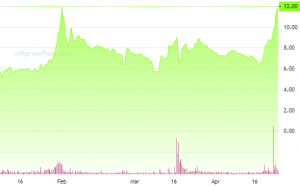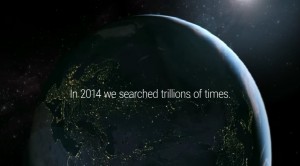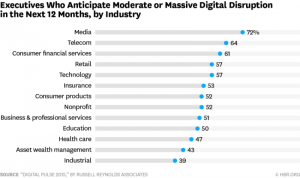 In Nashville, TN, when a much-anticipated restaurant opens, there will be articles. There will be blogs. There will be talk. But if you want to find any more information beyond what’s been formally “published” by the food bloggers and local papers and magazines, there’s a better place to turn to than Google.
In Nashville, TN, when a much-anticipated restaurant opens, there will be articles. There will be blogs. There will be talk. But if you want to find any more information beyond what’s been formally “published” by the food bloggers and local papers and magazines, there’s a better place to turn to than Google.
Turn to social.
Social Is the New Search.
Social media platforms offer exclusive content about events, places, products, sub-cultures, and interests that you simply won’t find anywhere else. In the case of the “new restaurant,” I guarantee you that by searching the establishment’s name under “Places” in Instagram you will find a larger and more diverse photo set after one week of business than whatever you might find in the Google search results.
The reason is simple. Though most users would not think of themselves in this way, they–we–are actually “micro-content producers.” That is to say, when you publish that vacation photo from the beach to Instagram or when you Tweet that joke the speaker just made from the conference stage, you are actually acting as a micro-content producer. You are publishing information for the world to see, and–hopefully–you are categorizing it in a way that an interested audience can discover it, whether that’s through hashtags, location tagging, or some other feature.
Learn to Sift Through Social Micro-Content.
Learning to sift through this content is a skill that can provide many benefits–both personal and professional, assuming you have a brand or platform you’re trying to market. Let me give you another example. Let’s say my favorite artist is playing a show right now at the Ryman Auditorium. I couldn’t get tickets, but I’d still love to follow the show. While it’s unlikely that any interesting real-time content is coming from local media sources, it’s guaranteed that if I open Instagram and search for the Ryman under the ‘Places’ tab, I’ll find dozens of photos and videos from the show while it’s still in progress. Instagram will even sort out the ‘Top Posts’ for me so I only watch the best videos. I could also look for a complete live-stream on Periscope.
We can consider a similar scenario from a professional angle: Let’s say I’m booking a regional tour for an artist, and I’m new to the music genre. I could use Instagram to pull up micro-content from each of the venues I’m considering booking. The types of posts, users, and engagement happening around that content may help me determine if the venue is a good fit for the artist I’m managing.
Social Is Where Discovery Happens.
For many users, search is still a starting point for content discovery. However, I believe in the next couple of years, social and other app-based experiences will overtake search in the content discovery process. Facebook, Twitter, Instagram, Spotify, Pinterest… all of these platforms are devoting increased energy to their discovery functions–each of which whittles away at the browser search process. Learning how to manipulate social media as a search engine now can set you ahead of the competition. What do you think? Do you use social as search?
(41)
Report Post





